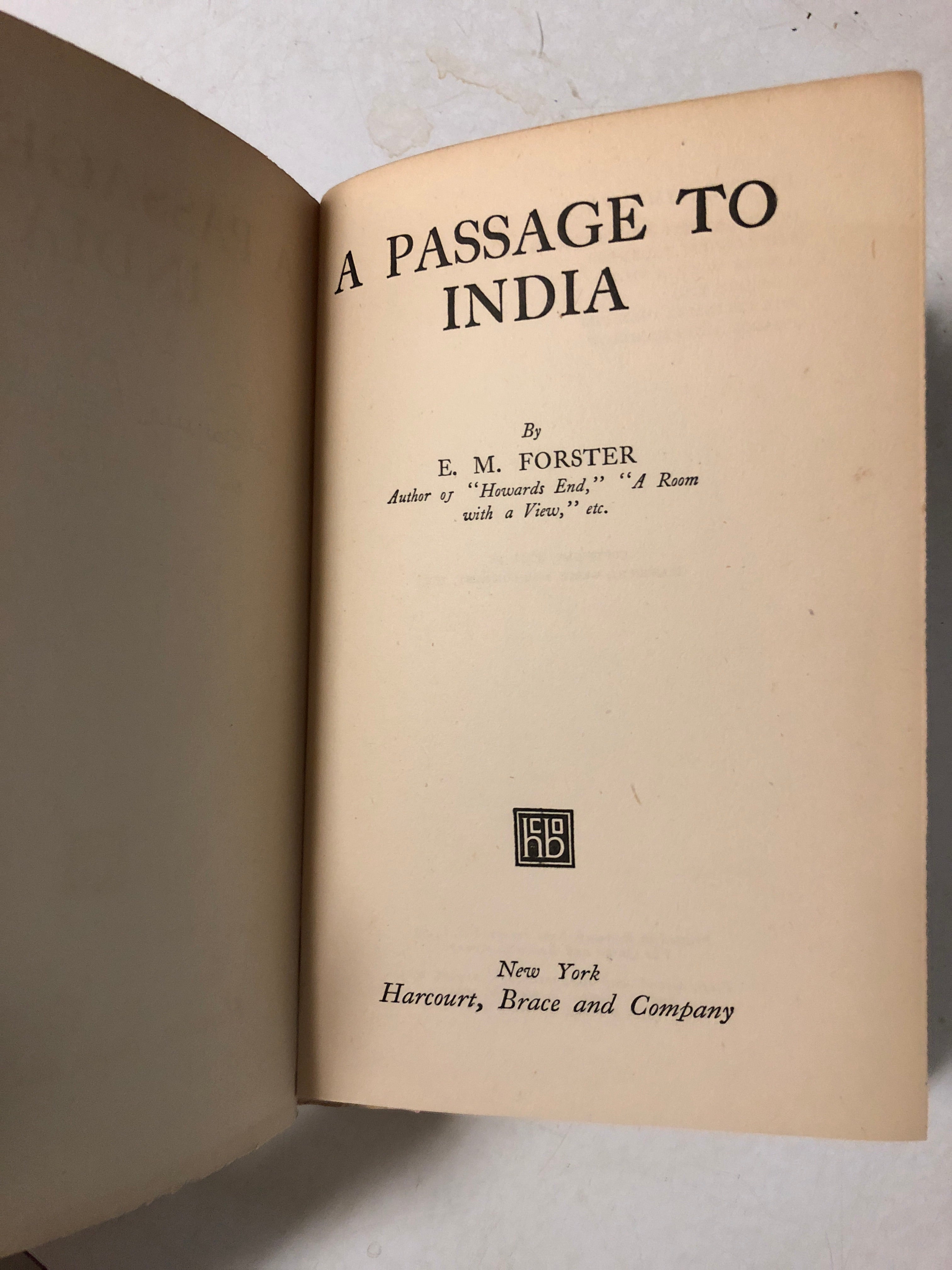
India took part in the first world war, assisting the British with the assumption that this help would lead to political concessions, but even with the promise after the war that Indians would play an increased role in their own government, relations between the English and Indians did not improve.

Reforms in India's political system occurred with the victory of the Liberal Party in 1906, culminating in the Indian Councils Act of 1909, but nationalism continued to rise. Indian nationalism began to foment around 1885 with the first meeting of the Indian National Congress, and nationalism found expression in the Muslim community as well around the beginning of the twentieth century. This was a system of aloof, condescending sovereignty in which the English bureaucracy did not associate with the persons they ruled, and finds its expression in characters such as Ronny Heaslop and Mr. The typical attitude of Britons in India was that they were undertaking the "white man's burden," as put by Rudyard Kipling. Although Parliament and Queen Victoria maintained support for local princes, Victoria added the title Empress of India to her regality. This established the bureaucratic colonial system in India headed by a Council of India consisting initially of fifteen Britons. In August of 1858, during a period of violent revolt against Britain by the Indians, the British Parliament passed the Government of India Act, transferring political power from the East India Company to the crown. Britain occupied an important place in political affairs in India since 1760, but did not secure control over India for nearly a century. The colonial occupation of India is significant in terms of the background of the novel.



The novel deals with the political occupation of India by the British, a colonial domination that ended after the publication of Forster's text and still during his lifetime. The novel differs from Forster's other major works in its overt political content, as opposed to the lighter tone and more subdued political subtext contained in works such as Howards End and A Room With a View. Forster wrote A Passage to India in 1924, the last completed novel that he published during his lifetime.


 0 kommentar(er)
0 kommentar(er)
